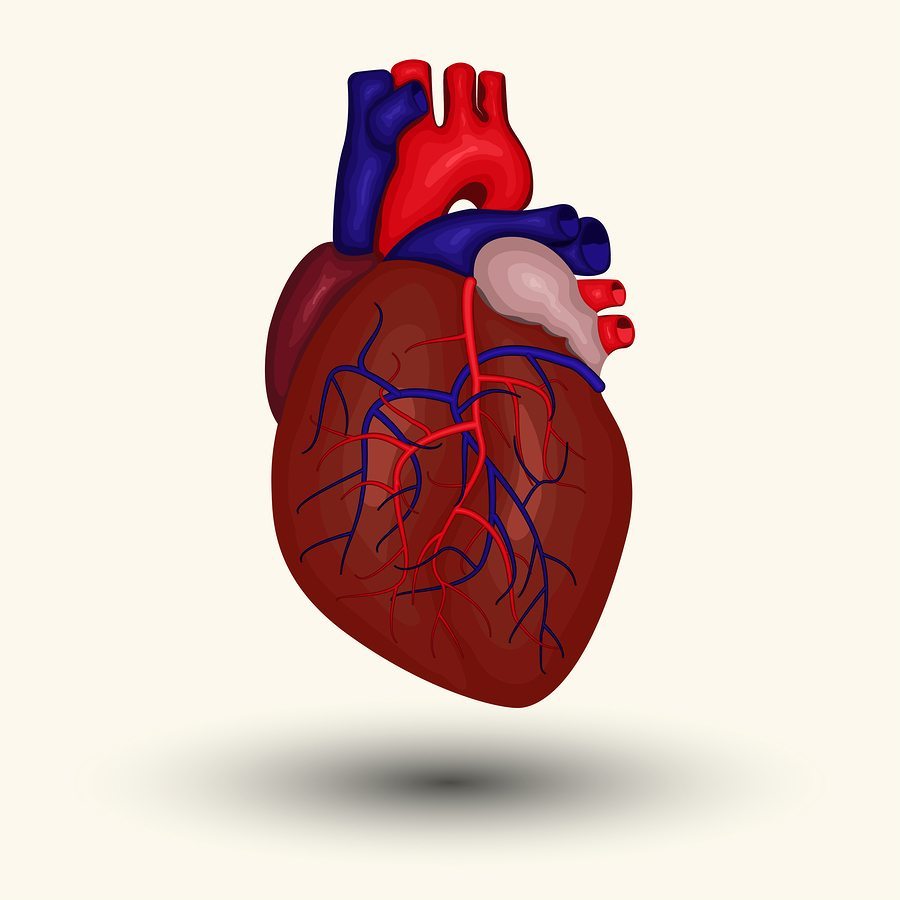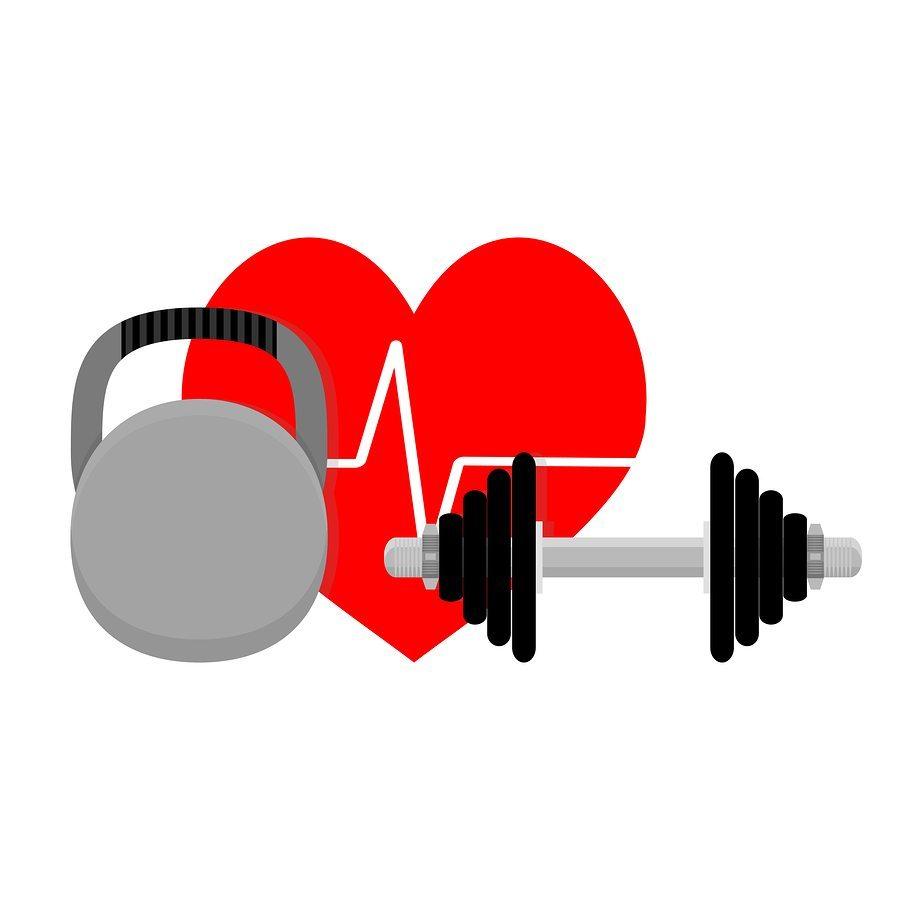Atrial Fibrillation and Heart Health: How to Live an Active Life with AFib
What is Afib?
Afib is short for “atrial fibrillation.” It’s a heart condition which leads to an irregular, fast heartbeat. 60 to 100 beats per minute is a normal heartbeat when at rest. People with Afib experience irregular heartbeats. Sometimes the heart “races.” At other times it may “skip a beat.”
An irregular heartbeat can lead to dizziness, being out of breath, and feeling tired all the time. A sufferer may also fell the heart “fluttering.” It can last from just a few seconds up to several minutes at a time. A few people with Afib report no symptoms and may never know they have the condition.
What are the Warning Signs?
While it’s possible to have mild atrial fibrillation and lead a normal life, severe cases can cause heart failure, stroke, and even full cardiac arrest. Tiredness, short breath, fluttering or racing heartbeats, skipping a beat, dizziness and nausea can all be symptoms of Afib. If you have any of these symptoms frequently, you should see a doctor without delay.
The Effects of Diabetes and Blood Pressure
The chances of having a stroke increase five-fold in people with AFib. If you already have high blood pressure or diabetes, you are at even greater risk. To avoid the worst dangers, try to cut refined sugars and salt from your diet. You might also want to lose weight. For detailed advice tailored to your needs, see your doctor or health practitioner.
Eat Heartily
Diets high in proteins and animal fats raise the risk of heart problems. If you have Afib, you should cut down on those and eat more fresh, leafy vegetables and fruits. Studies show that colored vegetables such as peppers, carrots, and squash can improve heart health.
Eat oily fish such as sardines and salmon to get healthy, omega-3 fats. If you must eat meat, choose lean cuts and half-portions. Beans are an excellent alternative source of protein. Cut out “white carbs” such as potatoes, white bread and rice. Opt for whole grains, oats and brown rice. Cutting out sweet foods, animal fats and salt will help you manage your blood sugar and keep your blood pressure under control.
Stub Out the Cigarettes
Quitting smoking is the best thing you can do for your health. Research links smoking with an increased risk of suffering from atrial fibrillation. Ask your doctor for advice on how to give up. Many people have and you can too with the right support.
Manage Your Medication
Doctors often prescribe blood-thinning medications, known as anticoagulants, to people with AFib. This helps lower the chances of having a

Stroke. As these medicines can interact with other prescriptions and even food, make sure you get your doctor to explain to you what you can and can’t take with them. Ask her to write the information down if you think you might forget.
Ditch the Drugs
Any stimulants, legal or otherwise, are risky for people with AFib. Alcohol, coffee and medicines such as decongestants, can make your symptoms much worse. Quick drinking and ask the advice of your pharmacist when buying medicines over the counter.
Exercise is Good for Your Heart
Taking regular exercise is good for your heart and will help keep you healthy even if you have Afib. But you should stick to gentle cardiovascular exercise such as walking, slow jogging or swimming. Avoid intense exercise and weight-lifting. Walking in the local park for 30 minutes a day will do you good.
Find Time to Relax and Enjoy Life
Stress and anxiety can make your symptoms worse. Healthy eating, exercise and a positive outlook can all help reduce the symptoms of stress. If you’re worried about things, find the time to talk to someone about your concerns. You can chat with a friend or a counselor. Don’t keep things bottled up. If you have anxious thoughts, try taking a class in something relaxing such as yoga, t’ai chi, or meditation.
No one wants a diagnosis of AFib, but there’s no need to let the condition spoil your enjoyment of life. Many people live with the condition, and you’d never even know they have it. Follow the advice here and you’ll find that you can still live a healthy and active life.









